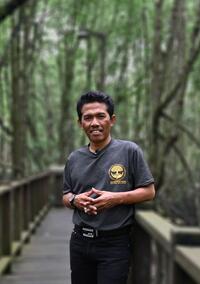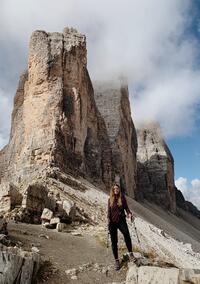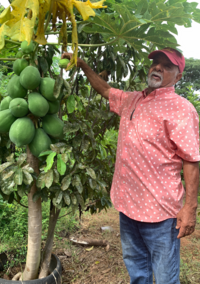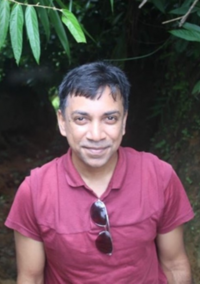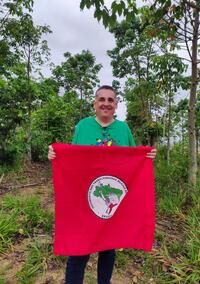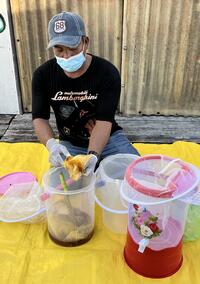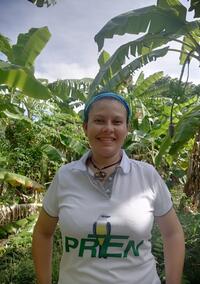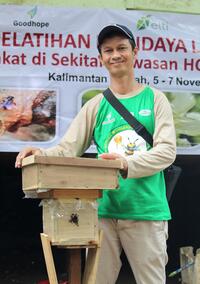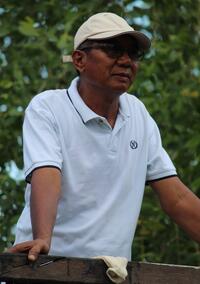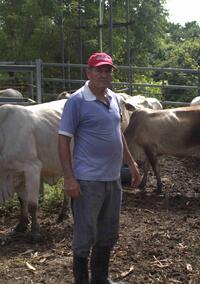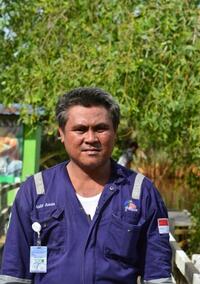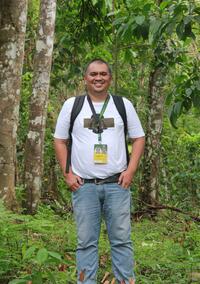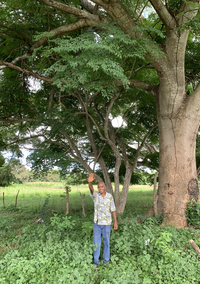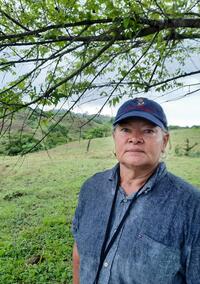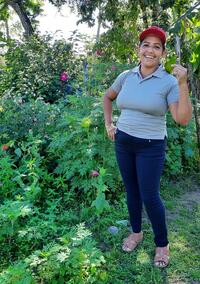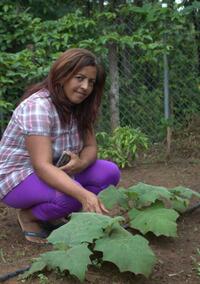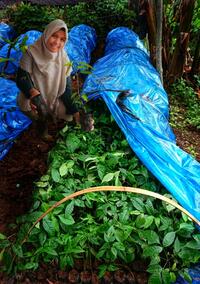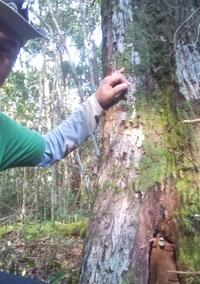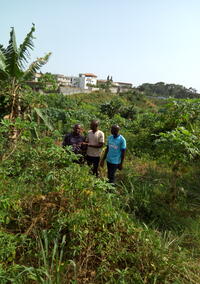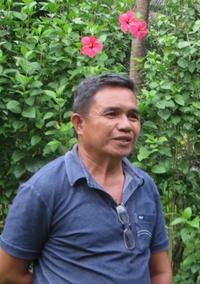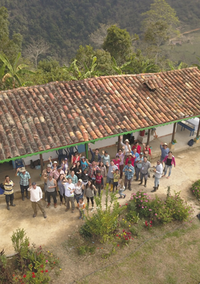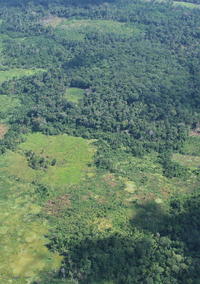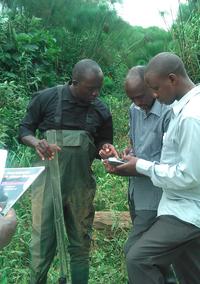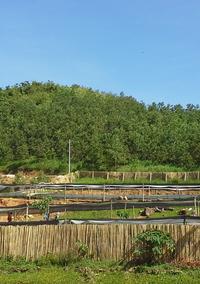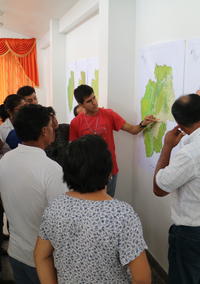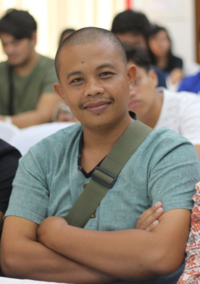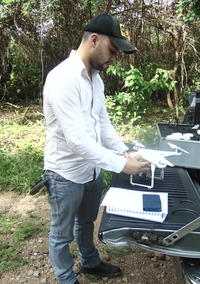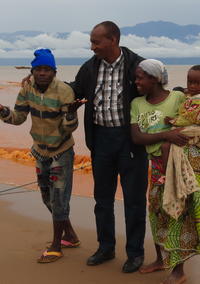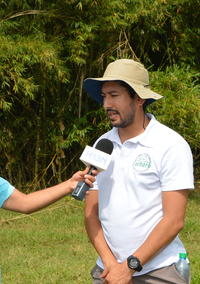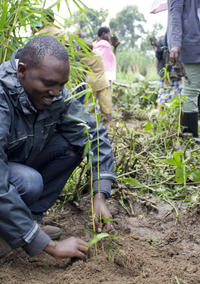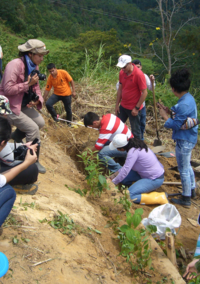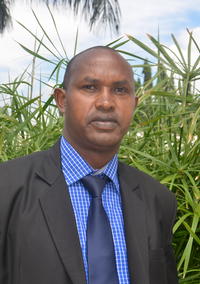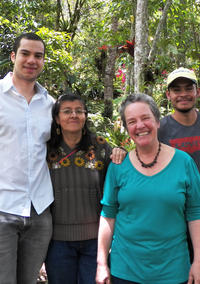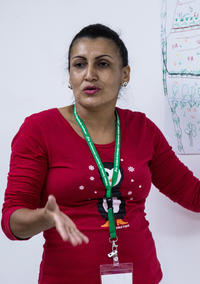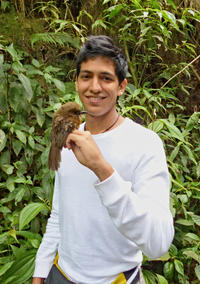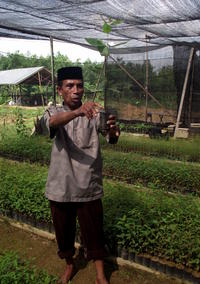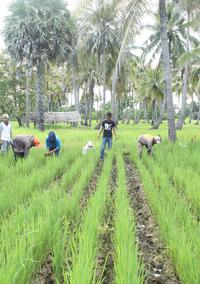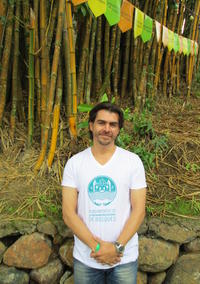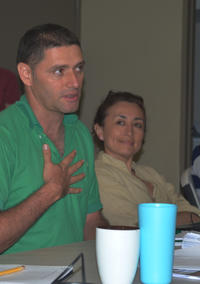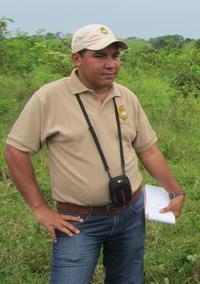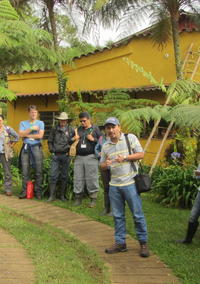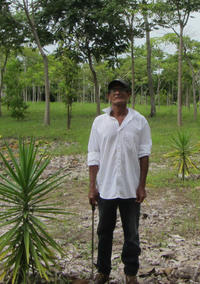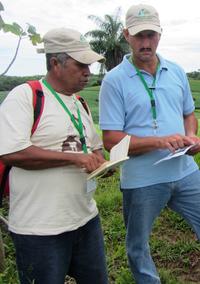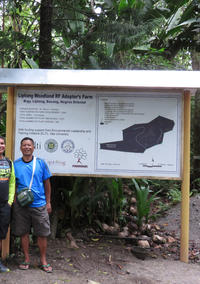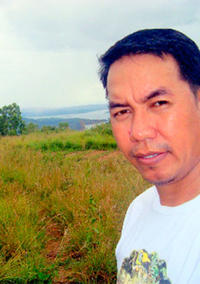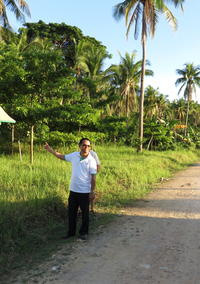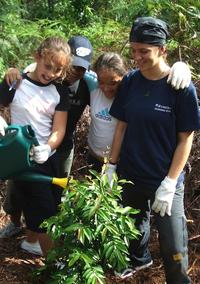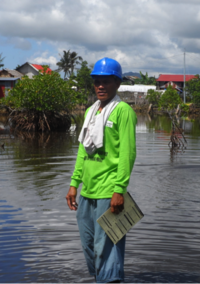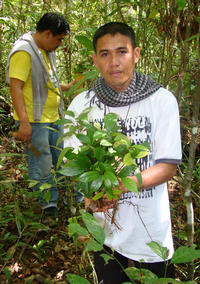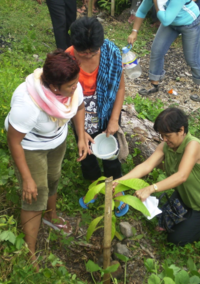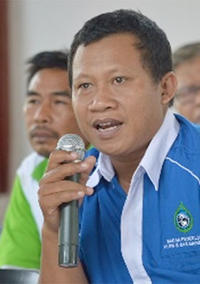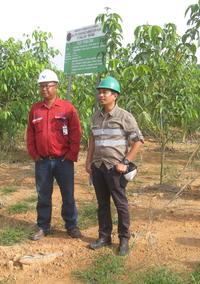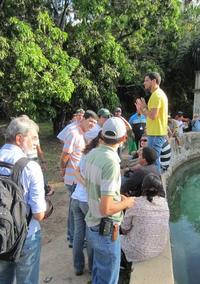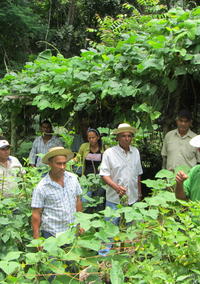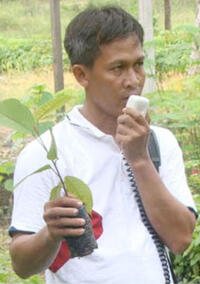You are here
Honey Bee Habitat Restoration in the Philippines Receives International Prize
The Tagbanua indigenous people of Palawan, Philippines, traditionally relied on the island’s native giant honey bee (Apis dorsata) for honey and wax. Sadly, recent forest degradation made the bees retreat deep into the forest and far from the communities.
During her doctoral research about “honey hunting,” Denise Margaret Matias found that forest conservation could bring the bees back and support local livelihoods. But Denise realized that she needed more knowledge. So, in October 2014, she participated in ELTI’s online course, “Introduction to the Ecology and Strategies for Tropical Forest Restoration in Human-Modified Landscapes.”
With the ELTI course, even if we only met online, I now belong to a community that readily provides support.
Denise Margaret Matias
One of the course’s highlights for Denise was learning about “Rainforestation,” a community-based approach that promotes reforestation with native species. “After the ELTI course, I consulted several community members, and they identified forest restoration as a solution to conserve the giant honey bee,” explains Denise. She received funding from the Deutsche Umwelthilfe Hand-in-Hand Fund to implement Rainforestation with the community using bee-friendly native species.
With concepts learned from the ELTI course, Denise proposed a Rainforestation approach to the Tagbanua community to restore the habitat of the giant honey bees. The community members who planted native species seedlings agreed amongst themselves that they would receive payments for the seedlings that were still alive after two months. Denise’s program supported 33 people to plant 6,024 seedlings on 1.5 hectares.
For her work with the Tagbanua community, Denise won the Innovation Prize from the International Society of Tropical Foresters in 2018. ELTI supported Denise to present her work together with Loreta Alsa, a representative of the Tagbanua community, and receive the prize in person at Yale University. Denise also published several articles on her research, including one in Development in Practice entitled, “Mapping of giant honey bee nests in Palawan through a transdisciplinary approach.”
Today, Denise is mapping giant honey bee nests with the Higaonons, an indigenous community based in the province of Bukidnon in the Philippines. She will use that data to create a repository of the bees’ favorite tree species and document the species diversity of the indigenous community forest. As she explains, “Conservation and development in indigenous forest communities goes hand-in-hand; you cannot pursue one without the other.”
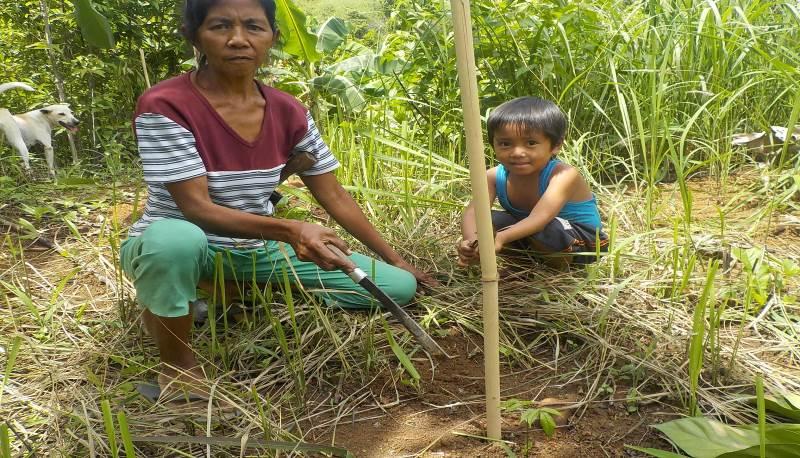

Acknowledgements
Along with her partner organization, Samahang Katutubong Tagbanua ng Sagpangan, Denise would like to thank the Non-Timber Forest Products Exchange Programme Asia and Philippines, the Nagkakaisang mga Tribu ng Palawan (United Tribes of Palawan), the German Academic Exchange Service (DAAD), the Foundation fiat panis and The Eva Crane Trust.







